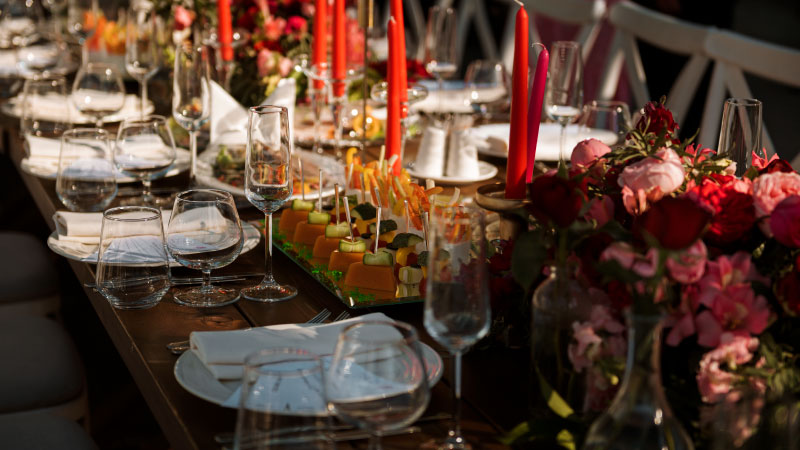As an event planning expert, I often get asked, “What exactly does event planning involve?” The truth is, event planning is much more than just picking a venue and sending out invitations. It’s about creating experiences that people will remember for years to come. Whether it’s a corporate conference, a wedding, or a community festival, understanding the full scope of event planning is key to making any event successful and unforgettable.

The Heart of Event Planning
At its core, event planning is about bringing people together for a purpose. That purpose might be to celebrate, to learn, to network, or to raise funds. Each type of event has its own unique set of requirements and challenges, but the basic principles remain the same: organization, creativity, and attention to detail.
The Types of Events We Plan
1. Corporate Events: These include conferences, seminars, product launches, and team-building activities. Corporate events are often designed to educate, motivate, or celebrate company milestones. They require a professional atmosphere, seamless logistics, and often, a touch of branding.
2. Social Events: Think weddings, birthday parties, anniversaries, and family reunions. These events are deeply personal and emotional. They need to reflect the personality and preferences of the host while ensuring that every guest has a wonderful time.
3. Community Events: Festivals, fairs, charity events, and public gatherings fall into this category. Community events are about bringing people together to celebrate a common cause or cultural heritage. They usually involve complex logistics, diverse activities, and large crowds.
4. Entertainment Events: Concerts, theater productions, and movie premieres are all about the spectacle. These events need to captivate the audience from start to finish, often involving elaborate setups, high-quality sound and lighting, and smooth coordination behind the scenes.
The Planning Process
Planning an event involves several key steps:
1. Setting Objectives: The first step is to clearly define what you want to achieve. Are you looking to educate, entertain, or celebrate? Your objectives will guide every decision you make.
2. Budgeting: Money matters. A well-planned budget helps ensure you can cover all necessary expenses without going overboard. It also allows for some flexibility to handle unexpected costs.
3. Choosing the Right Venue: The venue sets the stage for your event. It needs to fit the theme, accommodate your guests comfortably, and provide the necessary facilities.
4. Crafting the Theme and Décor: The theme and décor bring your event to life. Whether it’s a sophisticated corporate look or a whimsical wedding, the right design elements create the desired atmosphere.
5. Planning the Program: The program is the backbone of your event. It includes the schedule of activities, from speeches and presentations to entertainment and networking breaks.
6. Coordinating Logistics: This is where the nitty-gritty details come in. Transportation, accommodation, technical equipment, and on-site support all need to be meticulously planned.
7. Marketing and Promotion: For events open to the public or large groups, getting the word out is crucial. Effective marketing ensures you reach your target audience and drive attendance.
8. On-Site Management: On the day of the event, having a dedicated team to manage operations is essential. This team handles everything from vendor coordination to guest assistance and troubleshooting.
9. Post-Event Evaluation: After the event, it’s important to gather feedback and evaluate what worked and what didn’t. This helps in improving future events and ensuring continued success.
The Joy and Challenges of Event Planning
Event planning is both challenging and rewarding. It requires a blend of creativity, strategic thinking, and impeccable organization. There will be moments of stress and unexpected challenges, but seeing everything come together and witnessing the joy and satisfaction of your guests makes it all worthwhile.
Every event is a new opportunity to create something special, to tell a story, and to bring people together in meaningful ways. Whether you’re planning a small family gathering or a large corporate event, remember that the true essence of event planning lies in the details and the experiences you create for others. Embrace the journey, and you’ll not only meet your goals but also make lasting memories along the way.



